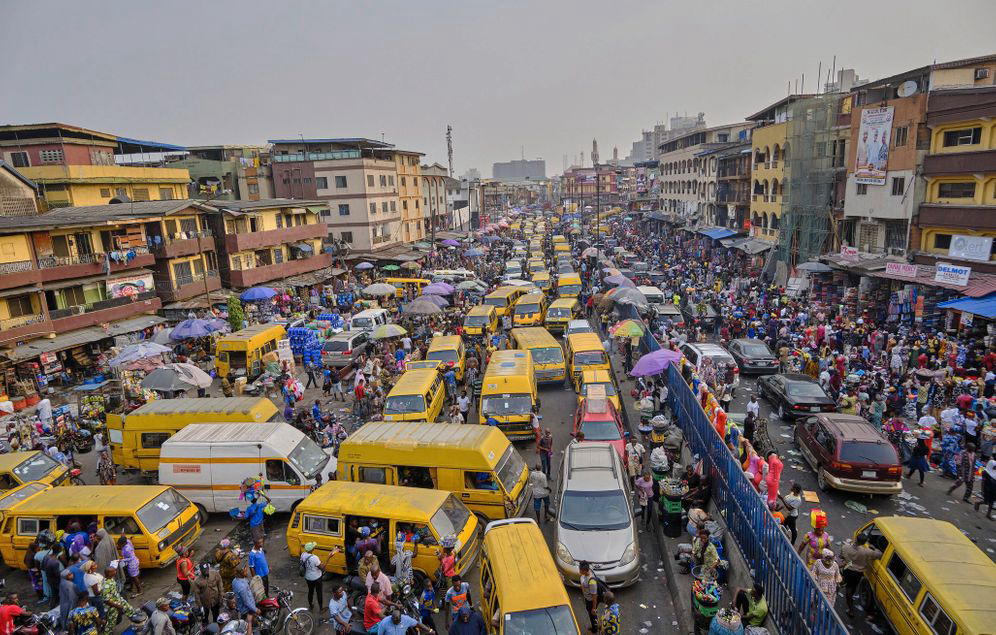Lagos is Expected to Become the World’s Largest City by 2100 | The African Exponent.
[ad_1]
The proportion of the world’s urban population is expected to increase to about 57% by 2050 from 47% in 2000. More than 90% of future population growth will be accounted for by the large cities in the developing countries. In the developing world, Africa has experienced the highest urban growth during the last two decades at 3.5% per year and this rate of growth is expected to hold into 2050.
Projections also indicate that between 2025 to 2050, some African cities will account for up to 85% of the population. By the year 2100, African cities would be home for a disproportionate chunk of population. Lagos, a city in Nigeria is one of the cities that will see its population skyrocketing.
Lagos is currently regarded as a mega city, with estimated population of over 20 million people. According to a recent study, it is a large city that will continue growing exponentially.
At its current growth rate, the Nigerian city is expected to become the world’s largest city by the end of the century.
Interestingly, Lagos is not the only African city that is growing fast. A series of findings and forecasts by research groups such as the University of Toronto’s Global Cities Institute, Environment & Urban Journal, The Whitaker Group, etc., have shown that more than 10 out of the 20 largest cities in the world will be located in Africa come 2100.
“Several recent studies project that Africa will be the only continent experiencing population growth by the end of this century. Thirteen of the world’s 20 biggest urban areas will be in Africa — up from just two today — as will more than a third of the world’s population,” the Washington Post in a special report stated on the matter.
Below is a list of the African cities that will be the world’s most populous by 2100
1. Lagos
2. Kinshasa
3. Khartoum
4. Abidjan
5. Mombasa
6. Niamey
7. Lusaka
8. Mogadishu
9. Conakry
10. Monrovia
The major drivers of population growth in African cities
Population is the main factor driving the growth of African cities. Lagos, which has a population of about 20 million, could surpass 80 million by 2100, and Kinshasa’s population could reach 60 million by the end of the century.
As the population of Africa has increased over the years, cities with high levels of industrialisation, urbanisation, and economic activities experience immigration and a fast-growing rate. The quest to find a better lifestyle, job opportunities and access to basic socio-economic needs has also catapulted the compelling urge for rural Africans to migrate to cities.
Urban cities like Lagos and Kinshasa present a great opportunity since business is viable and fast-growing. This creates opportunities for the hopeful youths who ultimately find their way into the mix.
Another critical highlight from the study showed that Africa would grapple with most of the challenges of rapid urbanisation, including infrastructural deficits, and housing challenges, amidst its exponential growth.
The rapid growth can also be viewed as direct result of the gross failure of most African governments to develop rural areas and the general lack of prioritization of rural economies and livelihoods.
Experts, however, believe that proper planning can help mitigate these challenges, with many international bodies calling for immediate attention to Africa’s rapid urbanisation.
Sources: Business Insider Africa
[ad_2]
Source link

